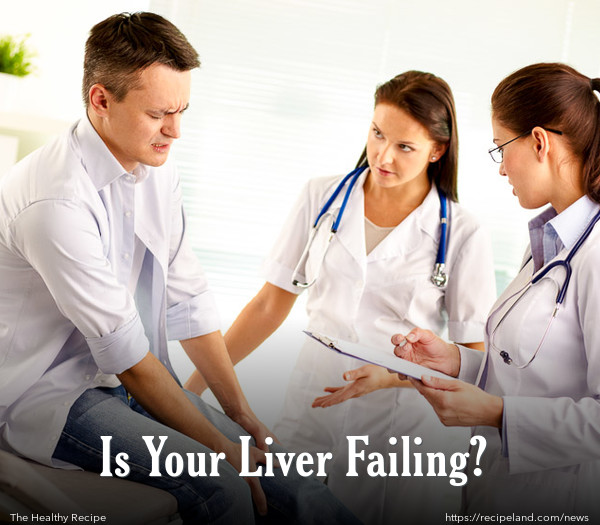Your liver is responsible for removing toxins from your body by filtering your blood. It also produces critical hormones for your body to function effectively. It also stores energy and aids in digestion. These are only a few of the important jobs that your liver must accomplish.
Bruce Bacon, M.D., a professor of internal medicine and chair of gastroenterology at the St. Louis University School of Medicine explains that it can be difficult to notice small problems with your liver, and he states, “Hepatitis C used to be called the silent epidemic because many people who had [that liver disease] weren’t aware of it.” Bacon says that by the time you show symptoms of a liver problem, it might be too late to make improvements.
Cirrhosis is the name of the disease that comes from serious liver deterioration, usually from long-standing disease or injury. This is a major cause of liver failure, along with hepatitis and fatty liver disease. Cirrhosis can be thought of as a type of arthritis of the liver—once you have it, you can expect it to progress and get worse.
Fatty liver disease tends to occur mainly in obese people and is the most common cause of liver disease. Bacon states, “Some estimates suggest up to 25 million people have fatty liver disease.”
If you drink in moderation, eat a healthy diet, and stay physically active and fit, you are going to best protect your liver from serious problems. Having regular physicals can also help, since certain routine blood tests can show early problems that can be treated.
Here are 6 common symptoms of liver disease that you should be aware of. Consult your doctor right away if you are experiencing any of these symptoms.
1. Abdominal pain
If you are feeling achy or sore in the right upper quadrant of your abdomen, this may be a sign of liver problems. Although your liver crosses over most of your abdominal cavity, it is wedge-shaped at the larger end is on your right side. When this becomes inflamed, you may feel it.
2. Yellow eyes or skin
This condition, known as jaundice, is a result of your body breaking down old blood cells and creating a compound called bilirubin. Your healthy liver filters the bilirubin effectively, preventing a buildup in your blood. Jamile Wakim-Fleming, M.D., a liver disease expert at Cleveland Clinic, states, “Dark urine and light faeces are also signs of jaundice.”
3. Joint pain
Pain in the joints, nausea, vomiting, fatigue, and loss of appetite are all signs of liver disease, especially autoimmune hepatitis. This is a condition in which your immune system attacks the healthy cells and tissues of your liver.
4. Spots on your skin
When your liver is not properly cleaning your blood, you could end up with clotting problems close to the surface of your skin. This can result in the development of spider angiomas, or large skin blemishes that resemble spider webs or asterisk shapes. Wakim-Fleming states, “They’re common on the chest and torso.”
5. Confusion
When your liver becomes diseased, you could end up with an excess of copper in your blood and brain. Wakim-Fleming says, “This can lead to Alzheimer’s-like confusion.” This type of confusion is usually only seen in advanced liver disease cases, and it’s unlikely that you would experience this as an early symptom.
6. Muscle wasting
A swollen belly or ankles and skinny arms and legs could be a result of problems balancing fluids, which can come from a diseased liver. Muscle wasting can also become apparent in your cheeks and around the temple area. This is another end-stage symptom, and not likely to be noticed during the early stages of liver disease.
A healthy liver is necessary for a healthy body, so make sure that you are not drinking too much alcohol, eating healthy foods, and getting enough exercise. If you notice any of these symptoms, see your doctor right away!










Comments